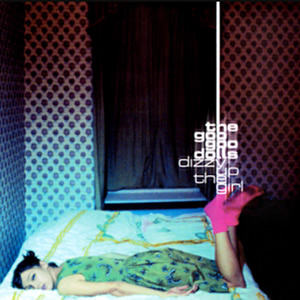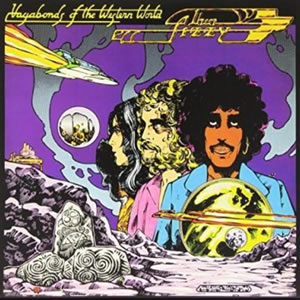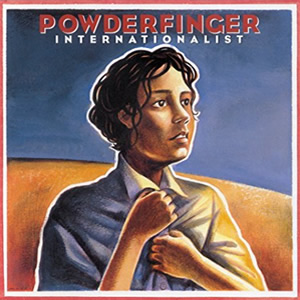Dizzy Up the Girl by Goo Goo Dolls
Buy Dizzy Up the Girl It took six albums and over a decade for Goo Goo Dolls to be propelled into international success and 1998’s Dizzy Up the Girl was that ultimate catalyst. […]

Buy Dizzy Up the Girl It took six albums and over a decade for Goo Goo Dolls to be propelled into international success and 1998’s Dizzy Up the Girl was that ultimate catalyst. […]

Buy Vagabonds of the Western World The 1973 release Vagabonds of the Western World, the third studio album by Thin Lizzy, is a cohesive collection of original style and substance by this group […]

Buy Sports Huey Lewis and the News found their peak of commercial success with their third album, Sports. Released in the Autumn of 1983, the album topped the Billboard album charts the following […]

Buy Internationalist The third studio album by Australian rock group Powderfinger, 1998’s Internationalist, features a diverse array of musical genres. Led by the finely crafted compositions and versatile vocals of front man Bernard Fanning, […]